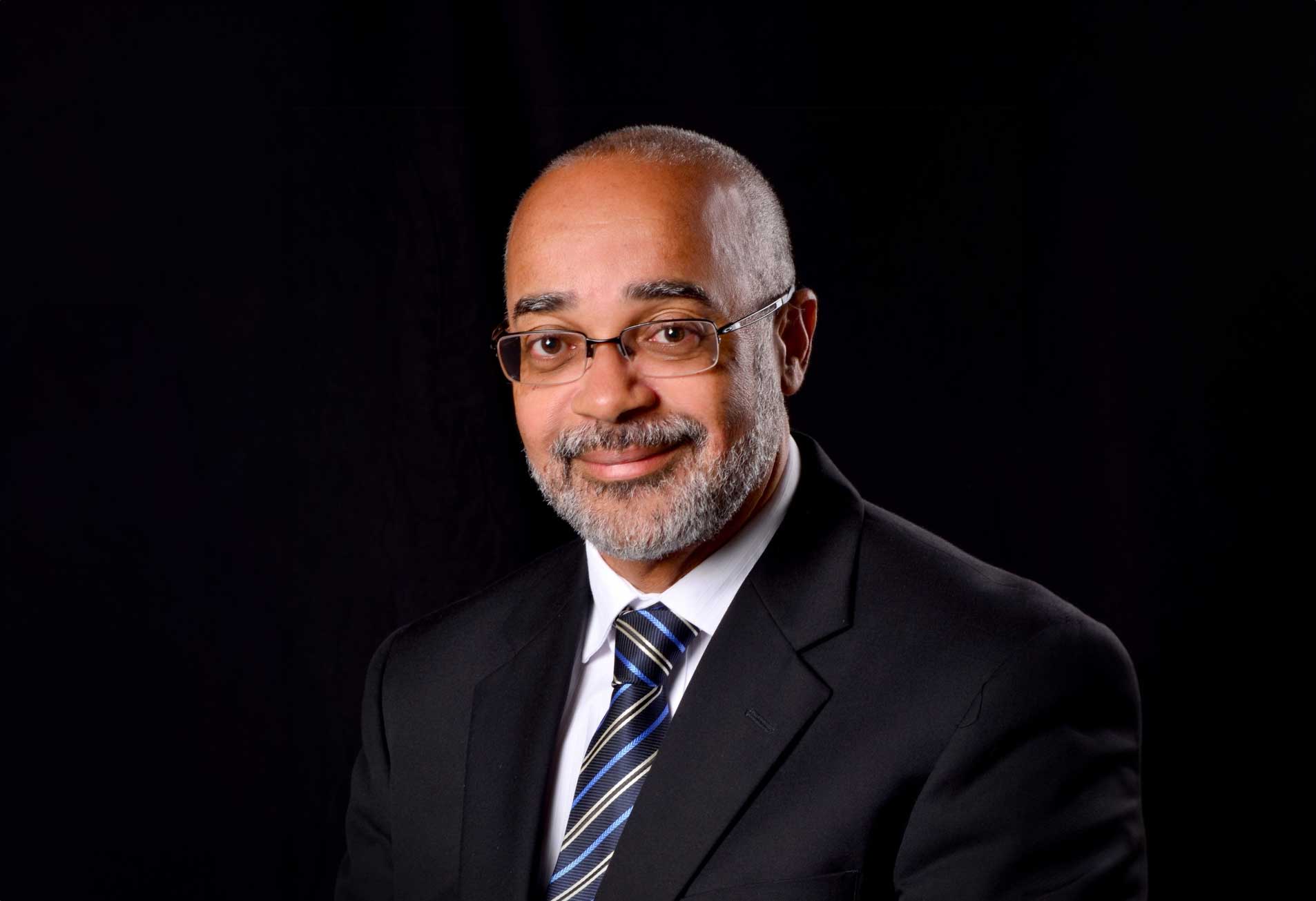
Director General of the Organization of Eastern Caribbean States (OECS), Dr Didacus Jules, is warning financial institutions in the Eastern Caribbean Currency Union (ECCU) to guard against nationals being lured into extra-regional “fast-cash traps” at a time when most citizens of the sub-region are most financially-vulnerable.
Dr Jules first raised the issue during an address to a local commercial bank’s educational event earlier this month – and is reiterating this weekend that his remarks were partly-based on findings of a recent survey on ‘Financial Literacy and Financial Inclusion in the OECS’, jointly-commissioned by the OECS and the Eastern Caribbean Central Bank (ECCB), with World Bank support through its ‘Digital Transformation Project’.
The survey interviewed 7,037 individuals 18-years-and-older, across the sub-region and Dr Jules said it featured “some worrying elements, in this Pot-COVID period…”
First, he revealed, the survey found that “Over-half of individuals in the OECS and ECCU region indicated they were not able to meet their daily costs-of-living in the previous 12 months.”
In addition, “Almost half” (43.9%) indicated they “would not be able to undertake a major expense today without borrowing from a financial institution, or asking family or friends for help.”
In some cases, the survey found individuals who also had to sell property or dispose of other valuables and to make-do by “cutting-back on spending, doing without, or postponing the expense.”
The survey also found that across the sub-region, 24.4% of respondents (almost one quarter) said they “had to turn to parents or family for assistance to save or borrow.”
Noting that the top three OECS and ECCU member-nations affected included Dominica, Grenada and Saint Lucia (in that order), Dr Jules urged financial institutions, including the 1st National Bank, needed to continue building their customers’ “trust and confidence” alongside “customer satisfaction and motivation” to help prevent them being cash-trapped by external commercial and financial agencies.
Noting that “70% of business in the OECS/ECCU sub-region is generated by Small and Medium Enterprises (SMEs),” Dr Jules said it was also incumbent on indigenous national banks to start taking into consideration that “Tomorrow will be as challenging as yesterday,” especially due the current world crises.
He warned against externally-generated fast-cash traps that lure already cash-strapped OECS citizens into “financial servitude”.
The Director General said he was appalled when recently approached by “an entity” that claimed to have “a brilliant idea” to “ease regional farmers’ burdens in light of the problems of regional Food Insecurity.”
But, he said, when the undisclosed entity disclosed the intended interest rate, it was more likely the farmers will be rendered into ultimate financial distress, “at a worst time, when they are already most-vulnerable…”
Accusing the unidentified entity of “seeking to transfer the wealth from the farmers to themselves,” Dr Jules said he’d warned that he “will publicly oppose” the proposed scheme “if it’s launched…”
The Director General first raised the issue during the 1st National Bank’s November 4 Stanley French Educational Forum.














Let’s hope the wider business and public information institutions broadcast this information throughout all communities in St. Lucia and the Caribbean in public information campaigns, so the people are well prepared to chase the jackals that think to prey on their financial woes..
Already, one sees a number of nefarious American ads appearing among the Voice news items on YouTube..